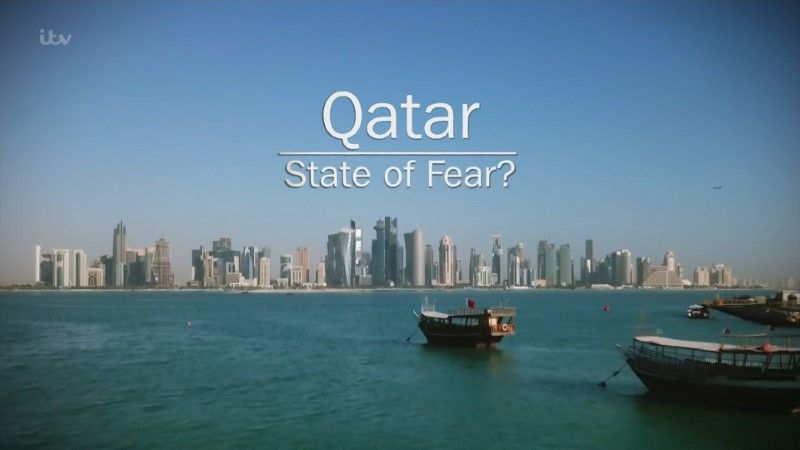American Experience: Command and Control • 2016
Command and Control presents the terrifying, true story of what can happen when the weapons built to protect us threaten to become the very source of our own destruction. Based on The New York Times bestseller by Eric Schlosser the film tells the story of a 1980 accident at a Titan II missile complex in Damascus, Arkansas in minute-by-minute detail through the accounts of Air Force personnel, weapon designers, and first responders who were there, revealing the incredible chain of events that brought America to the brink of nuclear disaster. In so doing, the film explores the great dilemma that the United States has faced since the dawn of the nuclear age: How do you manage weapons of mass destruction without being destroyed by them?
Make a donation
Buy a brother a hot coffee? Or a cold beer?
Hope you're finding these documentaries fascinating and eye-opening. It's just me, working hard behind the scenes to bring you this enriching content.
Running and maintaining a website like this takes time and resources. That's why I'm reaching out to you. If you appreciate what I do and would like to support my efforts, would you consider "buying me a coffee"?
Donation addresses
BTC: bc1q8ldskxh4x9qnddhcrgcun8rtvddeldm2a07r2v
ETH: 0x5CCAAA1afc5c5D814129d99277dDb5A979672116
With your donation through , you can show your appreciation and help me keep this project going. Every contribution, no matter how small, makes a significant impact. It goes directly towards covering server costs.





